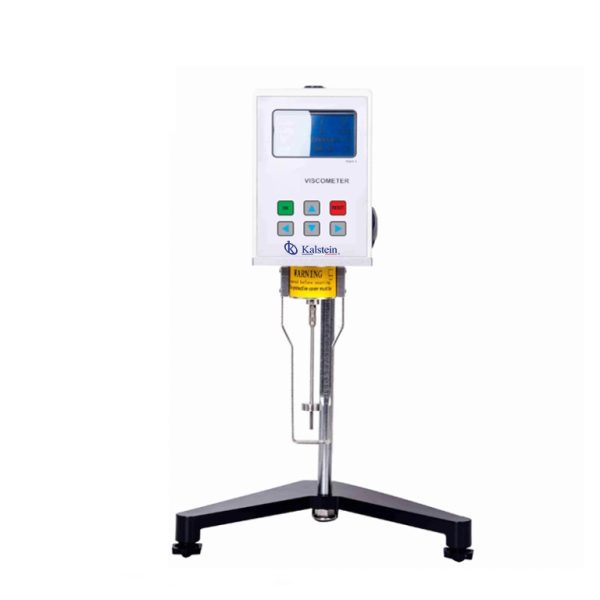In an increasingly dynamic and demanding scientific landscape, efficiency and accuracy in laboratory processes are paramount. One critical area where a quiet revolution is occurring is viscosity measurement in biochemical research. Viscometers, instruments used to measure the resistance to flow of a liquid, have established themselves as essential tools. However, concerns about the slowness and accuracy of traditional viscosity analyzers have led to innovations that are transforming their functionality.
Technological Innovations in Modern Viscometers
Innovations in technology range from incremental improvements to significant breakthroughs. New models use state-of-the-art technology to provide fast and accurate results. They incorporate digitized sensors, intuitive user interfaces, automatic cleaning and calibration systems, and advanced measurement techniques.
One notable improvement is the introduction of oscillation technology in viscosity measurement. Unlike conventional methods that require the fluid to move to determine its viscosity, oscillating viscometers measure the resistance to oscillation, improving accuracy.
In addition, advances in the miniaturization of viscometers have made them easier to use. The more compact and intelligent devices allow “in situ” measurements, opening a new path for biochemical investigations in real time and at the exact location of the experiment.
The Conversion to Digital Viscometer
The conversion to digital has revolutionized the field of viscosity by enabling easier and more efficient data collection, analysis and comparison. Digital viscometers, with their ability to generate accurate and repeatable results, have greatly simplified biochemical research. Their graphical user interface provides clear, visible viscosity values that can be easily compared and analyzed.
A key innovation is the digital viscometer’s ability to store and export data, allowing for further in-depth analysis and the ability to share results with other researchers. This feature is especially useful in large-scale research where data must be compared and correlated.
The Viscometer in Biochemistry: Recent Advances and Applications
In the field of biochemistry, the viscometer plays a crucial role in the understanding and investigation of various phenomena. For example, viscosity measurement has been essential for studying the interaction between proteins and their aqueous environment, providing vital information about their structure and function.
With recent innovations in viscometer technology, its application in biochemistry has broadened its horizons. Modern viscometers are being used in areas such as cancer cell research, drug formulation and the study of biological processes such as protein denaturation.
What we at Kalstein have for you
In conclusion, innovation in these tools is opening up new opportunities to improve the efficiency and accuracy of biochemical research. With the relentless advancement of science and technology, even more transformative discoveries could be made across the spectrum of viscosity measurement, reinventing laboratory processes and projecting a brighter future for biochemistry. As we embark on this exciting scientific journey, the key to keeping pace will be to adapt these innovations quickly and maintain a focus on process efficiency.
If you wish to purchase any of the different YR models or service advisories we can offer you through our online channels and at the best PRICE in the market, also if you want to know the catalog of high-end products that KALSTEIN has for you, find us HERE we assure you that through our online purchasing channels is very easy and viable from anywhere in the world, reminding you that we are a manufacturer of laboratory equipment of high level of purchase and sale.

